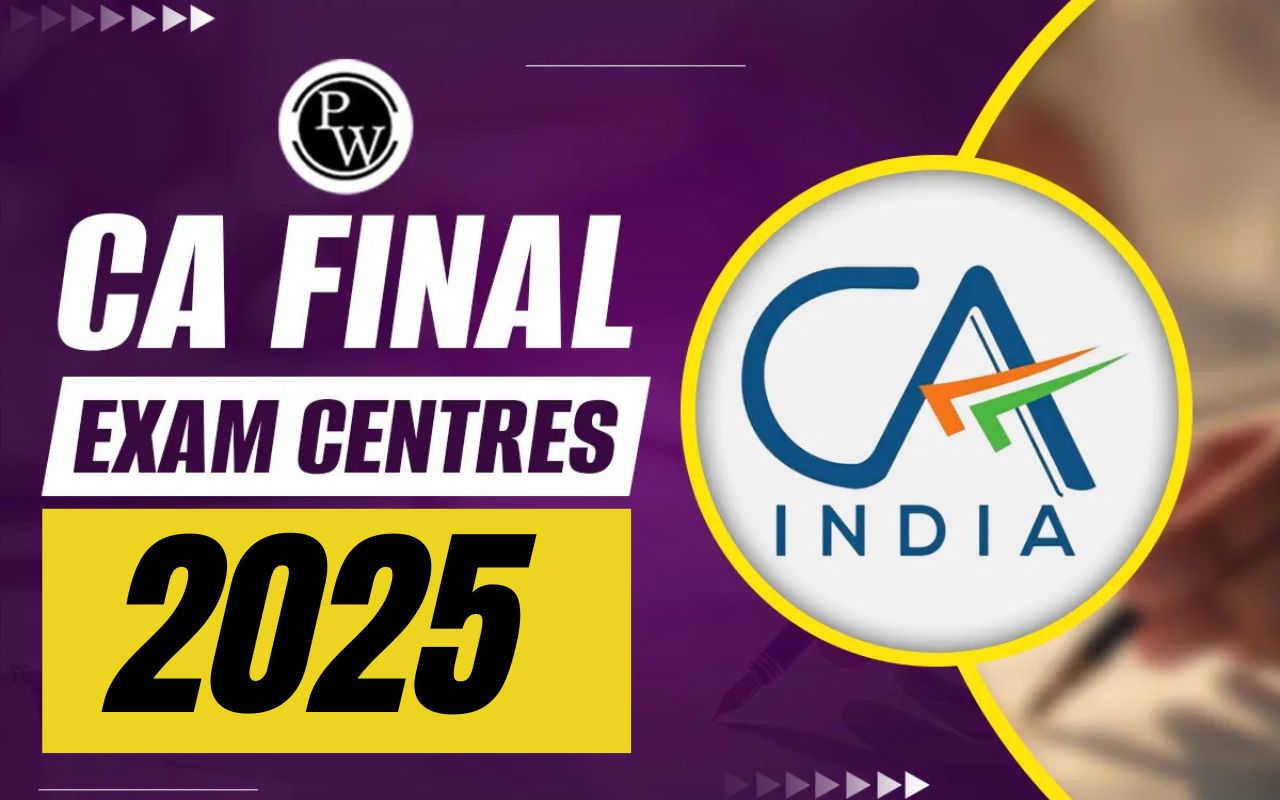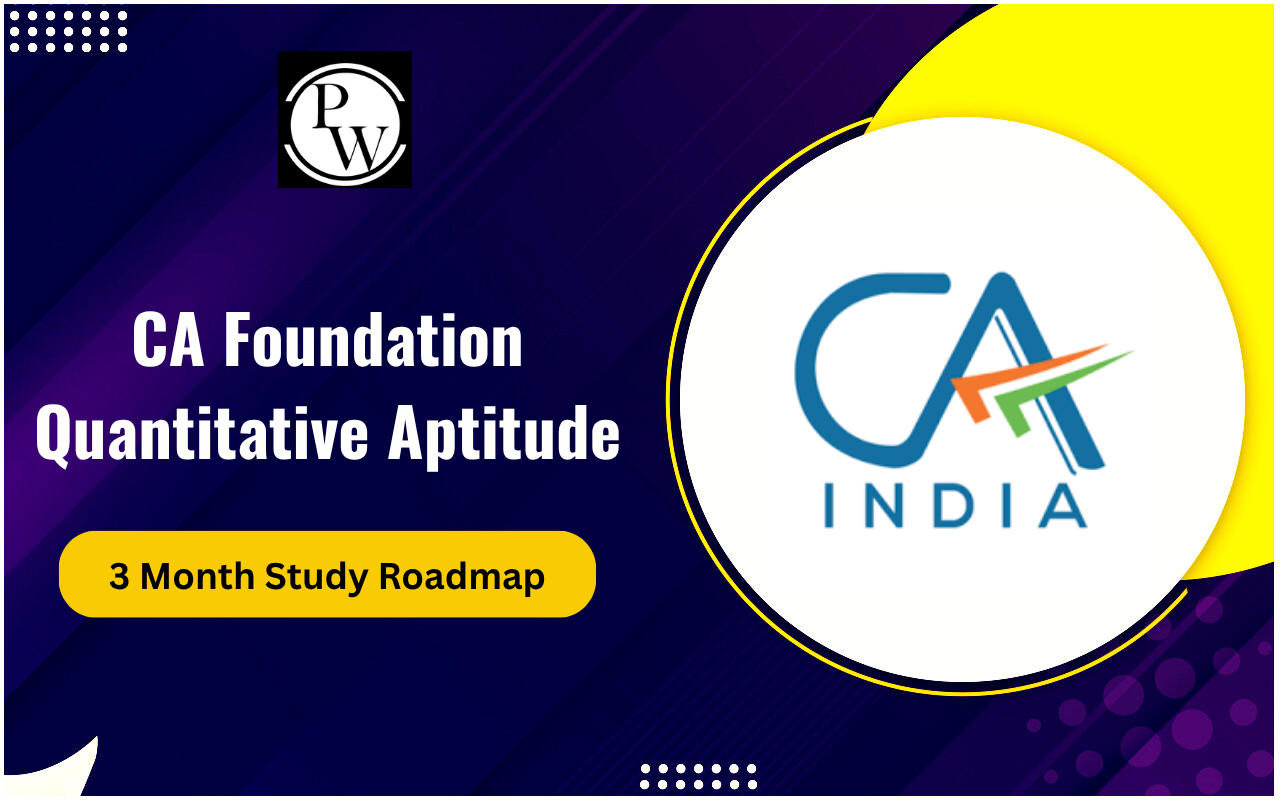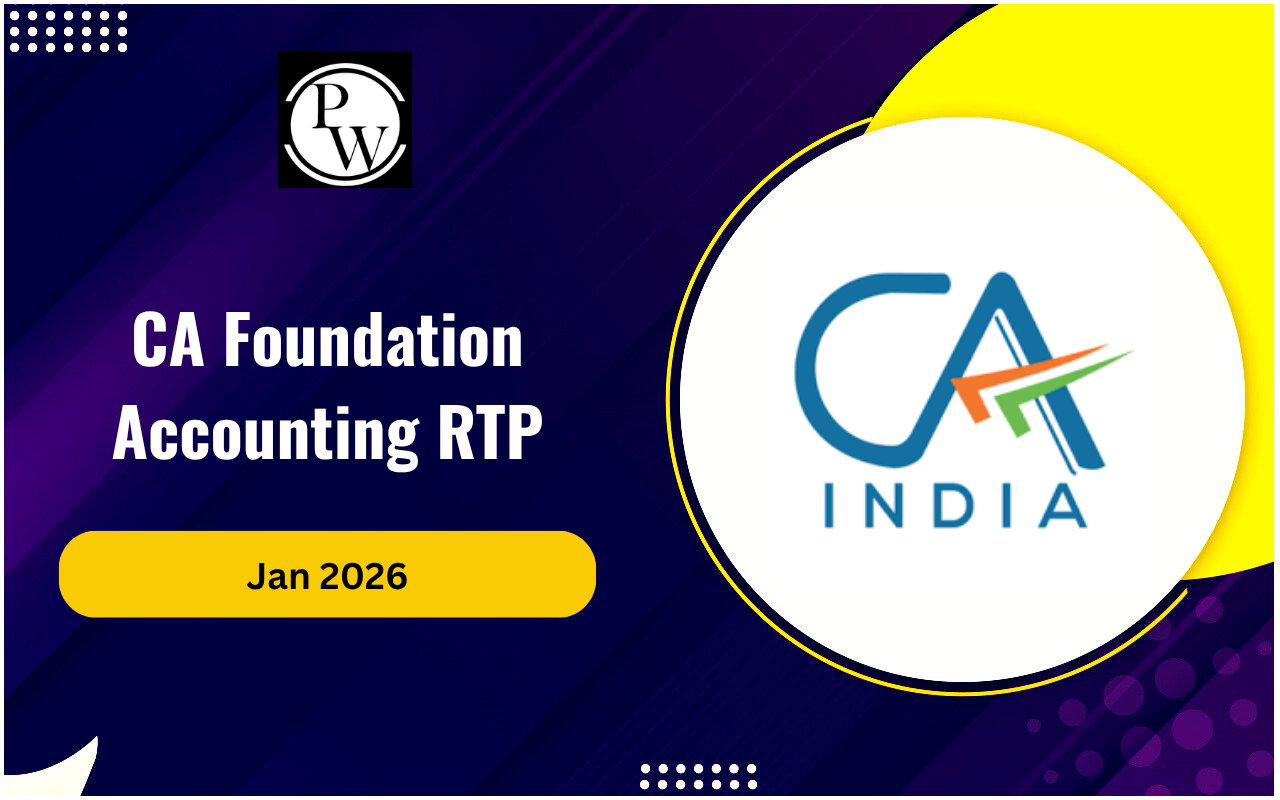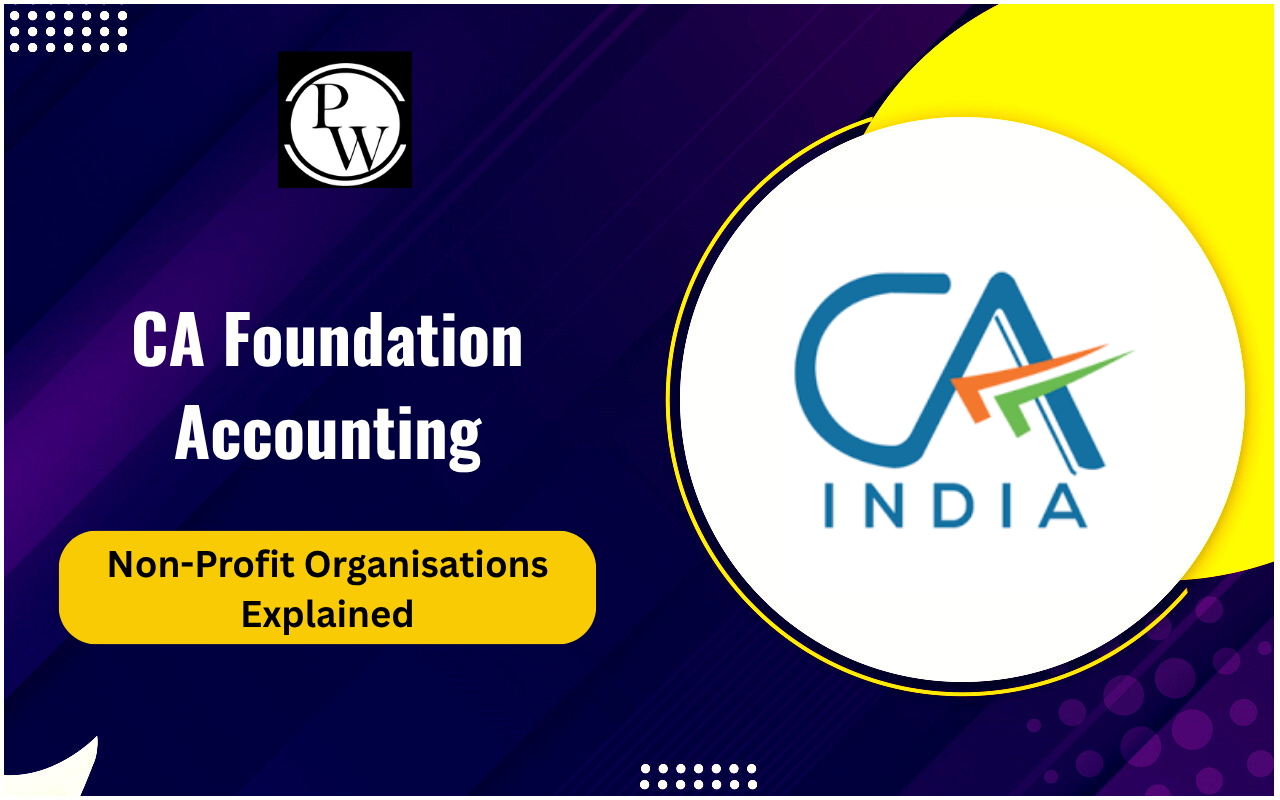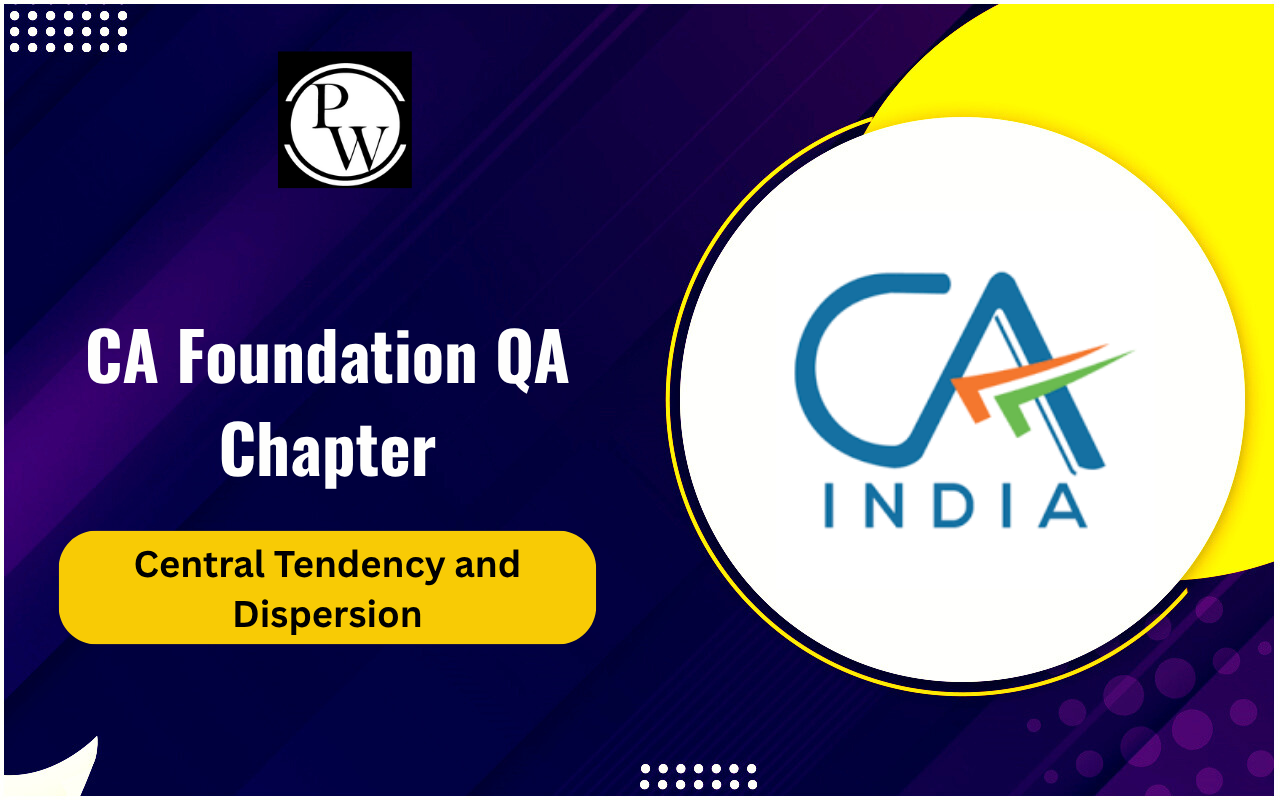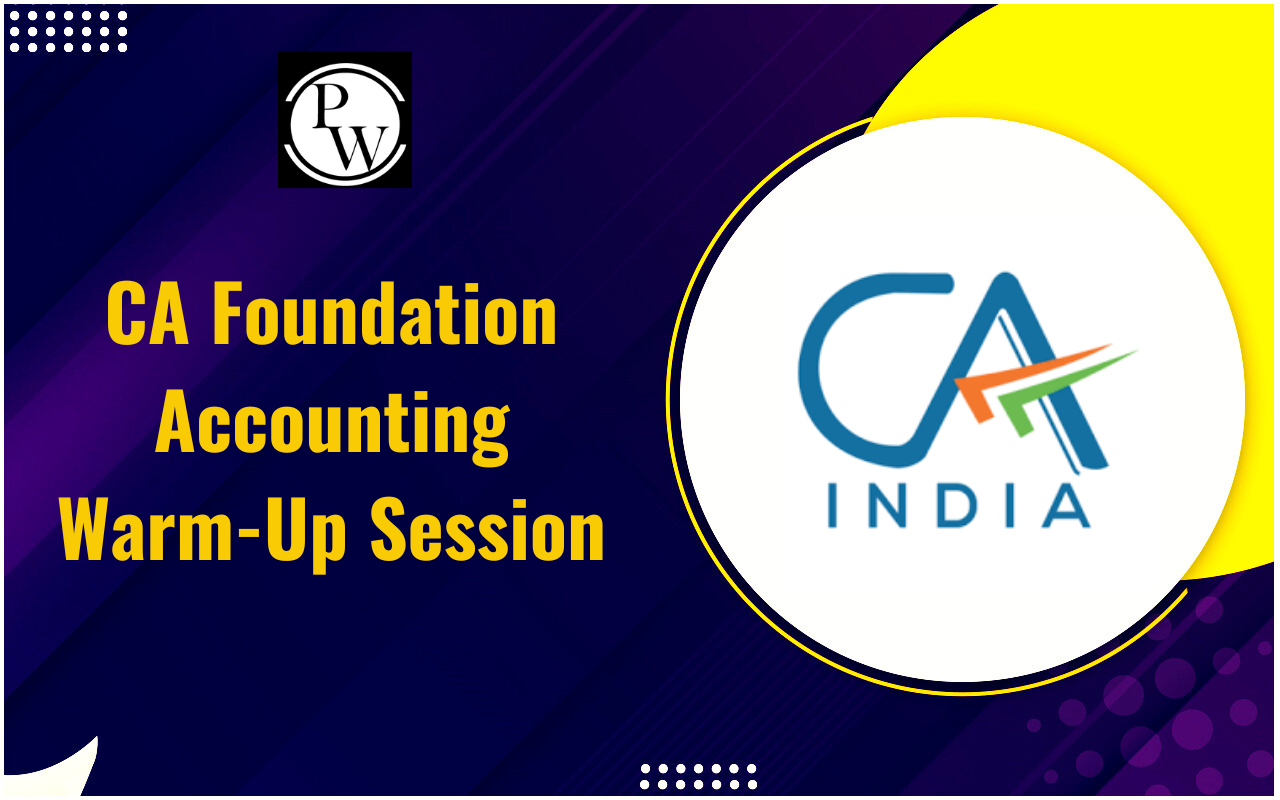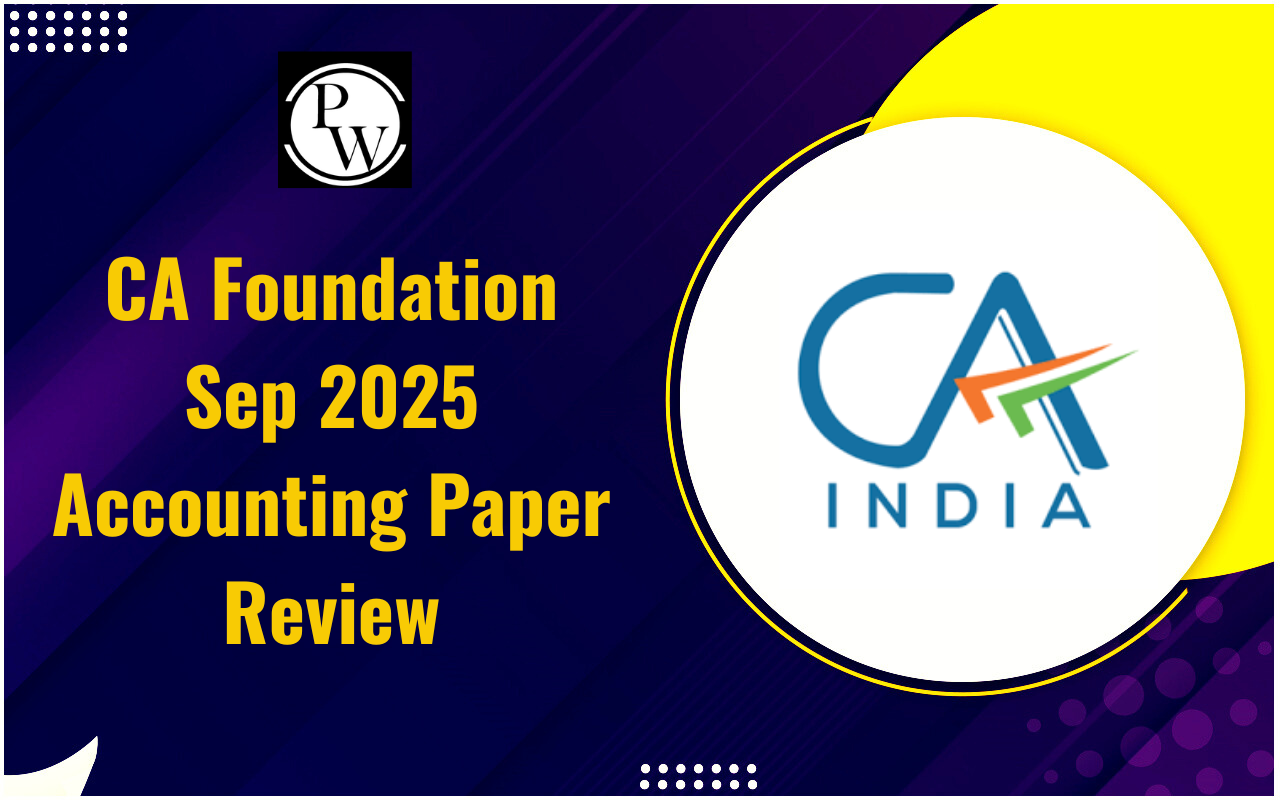
Technology in Modern Accounting: In today's world, nearly every aspect of our daily lives is intertwined with technology, from our electric toothbrushes to cutting-edge electric cars with autopilot features. Among the pivotal domains influenced by technology, business stands out, and at its core lies the language of accounting.
Understanding the vital connection between technology and modern accounting practices is essential. This exploration delves into how technology significantly shapes and enhances the landscape of accounting, unravelling its profound impact on this crucial aspect of the business realm.Understanding the Connection Between Technology and Accounting
In the intricate landscape of business, where accounting serves as the language, the synergy of technology in modern accounting stands out as a transformative force. Over the years, accounting has undergone dynamic changes, with technology emerging as a steadfast companion, easing the accountant's role and enhancing overall efficiency. This technological infusion has not only simplified tasks but has also empowered accountants to adeptly assess statistical values, consequently elevating them to the status of a corporation's most trusted business advisor.- Evolution with Technology: Accounting's journey has been marked by evolution, and in the contemporary era, technology is a linchpin in its progress.
- Crucial Technological Role: The advent of technology has become integral to modern accounting, streamlining processes and tasks for accountants.
- Amplified Efficiency: Technological tools have significantly amplified the efficiency of accountants, making intricate calculations and data assessments more manageable.
- Statistical Value Assessment: The incorporation of technology enables accountants to not only assess but also interpret statistical values with precision, providing nuanced insights into financial data.
- Interpreting Business Language: With technology's support, accountants now possess the capability to interpret the complex language of businesses, positioning themselves as indispensable advisors in corporate decision-making.
Importance of Technology in Modern Accounting
Today, technology is the foundation of financial management, providing a plethora of tools and solutions that reshape how firms handle their accounting requirements. Check out the following points for more information on the Importance of Technology in Modern Accounting:1. Automation: Boosting Efficiency Through Streamlined Tasks
One of the most significant contributions of technology to modern accounting is the automation of repetitive tasks. With the advent of advanced accounting software, routine processes such as data entry, invoice generation, and payroll calculations can be executed seamlessly. This not only reduces the risk of human error but also liberates accountants to focus on more complex analytical tasks, driving better decision-making within organizations.2. Cloud Computing: Anytime, Anywhere Access
The emergence of cloud-based accounting solutions has revolutionized accessibility. No longer confined to on-premises systems, financial data can now be accessed securely from anywhere in the world. This real-time accessibility not only enhances collaboration among teams but also facilitates faster decision-making as stakeholders can retrieve critical financial information on demand.3. Big Data and Analytics: Unveiling Insights for Informed Decisions
The incorporation of big data analytics in accounting has transformed the way businesses interpret financial information. By processing vast datasets, analytics tools unveil valuable insights that were previously hidden. Accountants can now identify trends, predict future financial scenarios, and make informed strategic decisions, contributing to the long-term success of the organization.4. Blockchain: Ensuring Transparency and Security
In an era where data security is paramount, blockchain technology has emerged as a game-changer in accounting. Its decentralized nature ensures the integrity of financial transactions, reducing the risk of fraud. Additionally, the transparent and immutable nature of blockchain provides stakeholders with a trustworthy audit trail, fostering trust among investors, clients, and regulatory bodies.5. Artificial Intelligence (AI): Streamlining Decision-Making Processes
Artificial Intelligence, with its ability to analyze complex data sets and learn from patterns, has become a valuable asset in modern accounting. From predictive analytics to risk management, AI-driven tools assist accountants in making more informed decisions. Moreover, machine learning algorithms can adapt to evolving financial landscapes, providing a proactive approach to financial management.Role and Impact of Technology in Modern Accounting Practices
In the past, accounting involved manual efforts, but today, technology in modern accounting has not only made the process possible but also remarkably easy. Recording information in real-time, gathering data from diverse sources, and automating repetitive tasks are now seamlessly achievable. This technological evolution enables professionals to shift their focus to crucial responsibilities, such as providing financial advice and monitoring performance. In several ways, technology has significantly impacted the accounting field:- Enhanced Accessibility of Accounting Data: Utilizing technologies like cloud accounting services allows authorized users to access necessary information from any location with an internet connection. This eliminates the need for accountants to physically download and share files, substantially improving work efficiency. Moreover, these services are accessible through users' mobile devices, further streamlining the process.
- Automated Data Entry: Modern accounting software integrates with various services, including invoicing, payment, and payroll systems. This integration ensures that accounting records are automatically updated as transactions occur, providing real-time information. This minimizes the necessity for manual data entry, freeing up accountants to allocate their time to more analytical tasks transforming the role of accountants to focus on data analysis and advising management.
- Increased Accuracy in Accounting Data: One of the evident impacts of technology is the reduction of errors in accounting. Automation in recording processes significantly lowers the occurrence of human errors. The software not only rectifies mistakes but also notifies accountants instantly about common errors, allowing quick resolution without wasting valuable time.
- Facilitating Better Decision-Making: Beyond error reduction, technology assists accountants in searching for diverse financial documents, extracting essential information, and evaluating the potential impact of specific financial decisions. This capability enhances the decision-making process by providing comprehensive insights into financial data.
- Enhanced Collaboration and Communication: Technology fosters seamless collaboration among accounting professionals and other stakeholders. Communication is streamlined through digital platforms, allowing real-time discussions and sharing of insights.
| Role of Technology in Modern Accounting : Related Links | |
| CA Course Scope | CA Old to CA New Syllabus |
| Top 10 Richest Chartered Accountants in India | CA Inter Advance Accounting Preparation Tips |
| Importance of Ethics in the CA Profession | Topper's Strategies for CA Foundation Success |
|
|
|
Technology in Modern Accounting FAQs
What role does modern accounting play in business operations?
Modern accounting significantly improves business operations by facilitating real-time execution. This streamlined approach enhances cash flow through efficient cash application and reconciliation processes. Additionally, it liberates staff to engage in higher-level functions, such as analysis and strategic evaluation. For more details on the Role of Technology in Modern Accounting Practices, check the above article.
How are modern technologies changing the work of accountants?
Modern technologies, including advanced analytics, AI, machine learning, and natural language processing, empower accountants to uncover insights, identify trends, and plan effectively. These innovations add unprecedented value by allowing accountants to contribute strategically and perform tasks that go beyond routine responsibilities. For more details on the Role of Technology in Modern Accounting Practices, check the above article.
What impact does technology have on accounting systems?
Technology has revolutionized accounting systems by enabling advanced tools to perform functions more effectively, ultimately reducing costs. Accounting programs and software equipped with these technological advancements help in creating sales forecasts, economic business models, and other decision-making tools for accountants and business owners. For more details on the Role of Technology in Modern Accounting Practices, check the above article.
What technology trends are shaping the accounting industry?
AI and robotic process automation (RPA) are key technology trends impacting the accounting industry. These innovations automate repetitive tasks, freeing up accountants to focus on more impactful and value-driven activities, marking a significant shift in how financial tasks are managed. For more details on the Role of Technology in Modern Accounting Practices, check the above article.
What does the future hold for technologies in accounting?
The future of accounting will witness increased adoption of sophisticated technologies like AI, automation, data analytics, and cloud computing. These advancements are poised to greatly enhance productivity, emphasizing the growing importance of accountants refining their soft skills to complement the evolving technological landscape. For more details on the Role of Technology in Modern Accounting Practices, check the above article.
🔥 Trending Blogs
Talk to a counsellorHave doubts? Our support team will be happy to assist you!

Check out these Related Articles
Free Learning Resources
PW Books
Notes (Class 10-12)
PW Study Materials
Notes (Class 6-9)
Ncert Solutions
Govt Exams
Class 6th to 12th Online Courses
Govt Job Exams Courses
UPSC Coaching
Defence Exam Coaching
Gate Exam Coaching
Other Exams
Know about Physics Wallah
Physics Wallah is an Indian edtech platform that provides accessible & comprehensive learning experiences to students from Class 6th to postgraduate level. We also provide extensive NCERT solutions, sample paper, NEET, JEE Mains, BITSAT previous year papers & more such resources to students. Physics Wallah also caters to over 3.5 million registered students and over 78 lakh+ Youtube subscribers with 4.8 rating on its app.
We Stand Out because
We provide students with intensive courses with India’s qualified & experienced faculties & mentors. PW strives to make the learning experience comprehensive and accessible for students of all sections of society. We believe in empowering every single student who couldn't dream of a good career in engineering and medical field earlier.
Our Key Focus Areas
Physics Wallah's main focus is to make the learning experience as economical as possible for all students. With our affordable courses like Lakshya, Udaan and Arjuna and many others, we have been able to provide a platform for lakhs of aspirants. From providing Chemistry, Maths, Physics formula to giving e-books of eminent authors like RD Sharma, RS Aggarwal and Lakhmir Singh, PW focuses on every single student's need for preparation.
What Makes Us Different
Physics Wallah strives to develop a comprehensive pedagogical structure for students, where they get a state-of-the-art learning experience with study material and resources. Apart from catering students preparing for JEE Mains and NEET, PW also provides study material for each state board like Uttar Pradesh, Bihar, and others
Copyright © 2025 Physicswallah Limited All rights reserved.
Get App

